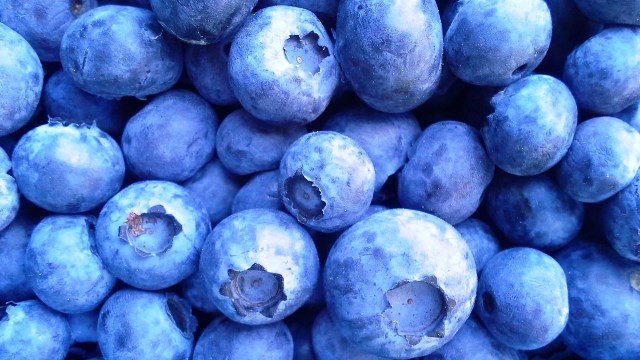Last Updated on October 31, 2024 by Dr. Abadullah Sajid Bashir
What is IBS?
Some individuals experience persistent symptoms such as diarrhea, constipation, and gas, often disregarding them and resorting to medications that provide temporary relief without addressing the underlying issue. These symptoms may alleviate temporarily but resurface shortly after. Often, sufferers are unaware of the cause of their condition. This cluster of symptoms, including diarrhea, constipation, gas, indigestion, and intestinal cramping, is commonly referred to as Irritable Bowel Syndrome (IBS).
For Detailed and comprehensive information about Irritable Bowel Syndrome (IBS) Click Here
IBS is a chronic disorder affecting the digestive system, often leading to heightened anxiety in patients. Symptoms vary between individuals and fluctuate over time, contributing to mental stress due to their unpredictable nature. Although individuals may attempt to manage symptoms to alleviate anxiety, complete eradication of symptoms is challenging as IBS is a lifelong condition. However, there are strategies to mitigate symptoms:
- Adopting lifestyle changes.
- Implementing dietary modifications.
- Engaging in regular exercise and physical activity.
- Medication prescribed by doctor.
What are Blueberries?
Blueberries are small fruits widely available globally, known for their numerous health benefits. Despite their modest size, they pack a punch in promoting mental well-being, aiding in stress reduction, enhancing memory, and boosting cognitive function. These berries possess a balanced sweet and sour flavor profile and are rich in essential nutrients and antioxidants, including vitamin C, iron, phosphorus, calcium, magnesium, and zinc. Moreover, they contain vitamins A and K, further contributing to bone health and acting as potent antioxidants to combat cancer. [1]Blueberry as functional food and dietary supplement: The natural way to ensure holistic health – IOS Press
Health Benefits of Blueberries
- Blueberries help mitigate complications associated with diabetes.
- They aid in lowering blood pressure and regulating blood sugar levels due to the presence of glycoside ferritin.
- Blueberries enhance the efficacy of treatments for colds, flu, and infectious diseases.
- They possess natural antibiotic and antiseptic properties, beneficial for treating sore throats and coughs.
- Blueberries promote improved vision and contribute to overall gastrointestinal health due to their low sugar content and high vitamin C content.[2]Recent Research on the Health Benefits of Blueberries and Their Anthocyanins – ScienceDirect
Drawbacks of Blueberries
Consuming blueberries in excessive amounts can lead to blood clotting (unconfirmed) and stomach upset, presenting potential challenges for certain individuals.
IBS and Blueberries
While IBS poses challenges such as mental distress, indigestion, diarrhea, constipation, and gas, blueberries offer significant health benefits that can aid in managing symptoms and maintaining overall well-being. With their low sugar content and inclusion in the Low FODMAP diet, blueberries are considered beneficial for individuals with IBS, potentially reducing symptom severity.
IBS-C and Blueberries
IBS-C involves constipation, often leading to gas and colonic pain, exacerbating mental anxiety. In such cases, incorporating blueberries into the diet can help soften stool and normalize bowel movements, providing relief from discomfort and reducing symptoms.
IBS-D and Blueberries
In contrast, IBS-D involves diarrhea, which can lead to dehydration. Consumption of blueberries may exacerbate symptoms in some individuals, necessitating caution, especially in cases of acute diarrhea.
Best Practices for Blueberry Consumption in IBS
- Consume blueberries when ripe but not overripe to maximize nutritional benefits and promote digestive health.
- Raw blueberries may induce gas, while berries can cause stomach discomfort.
- If IBS symptoms persist after consuming blueberries, take a full suitable meal and Consult a physician if symptoms persist.
Note: Effect of eating blueberry can be different in person to person. If you have IBS please test it before eating this fruit.
Written By:
- Dr. Abadullah Sajid Bashir
Reviewed By:
- Dr. Muhammad Khan Malik
- Syeda Noor-ul-Ain Naqvi
For Reviewers Detail Click Here

